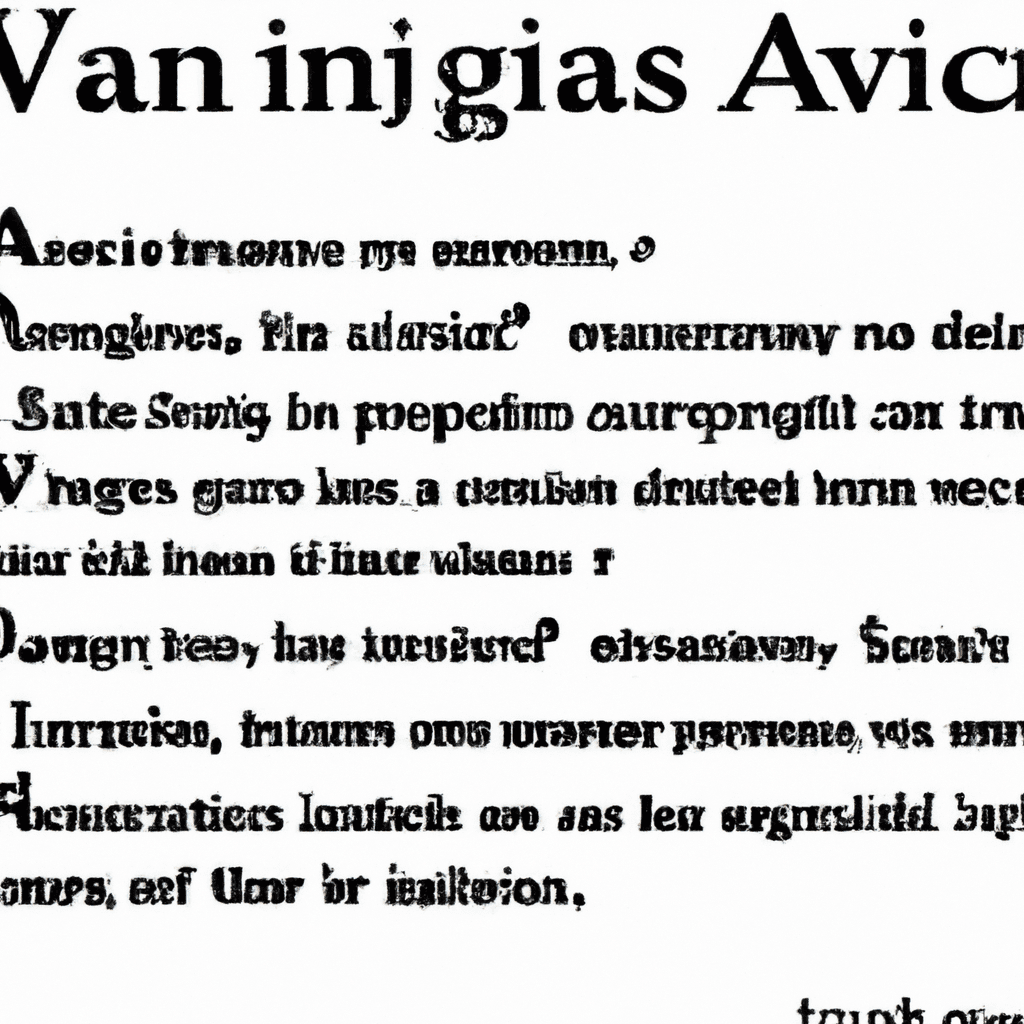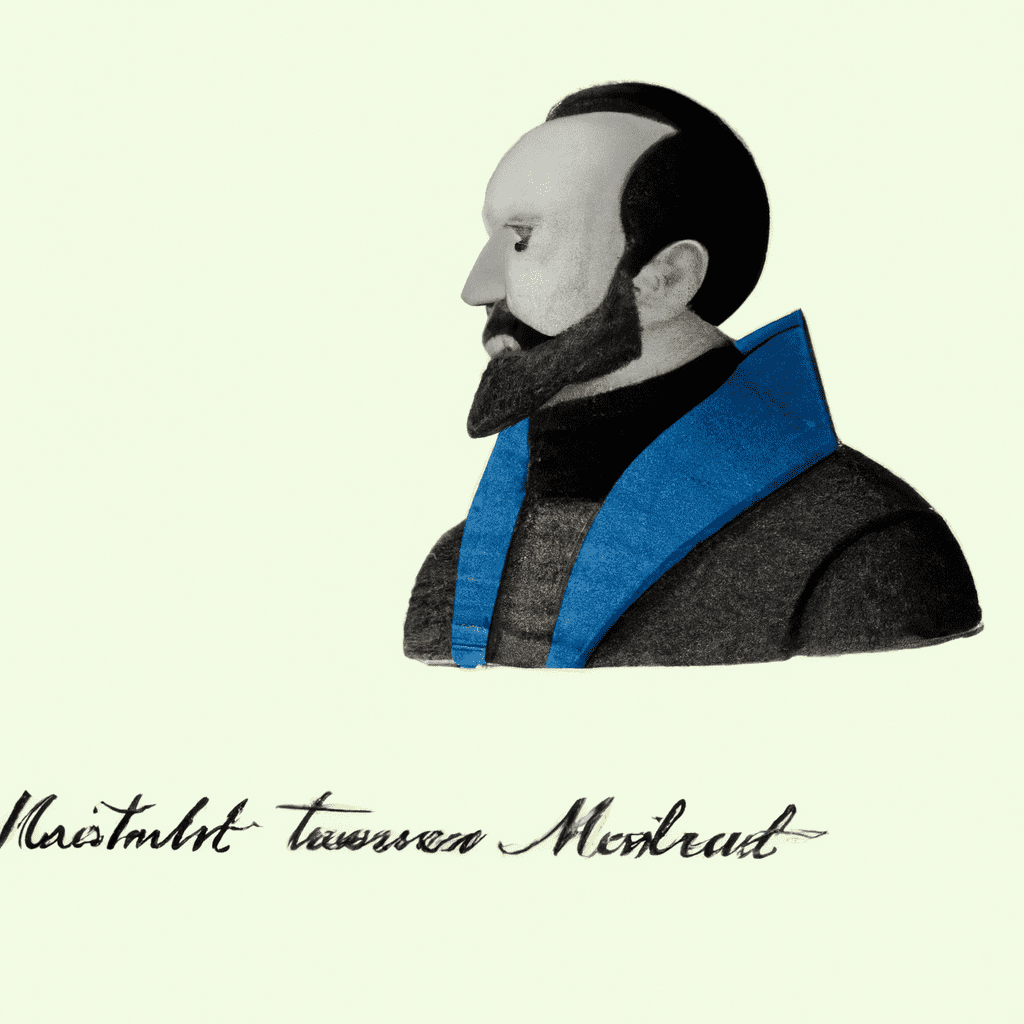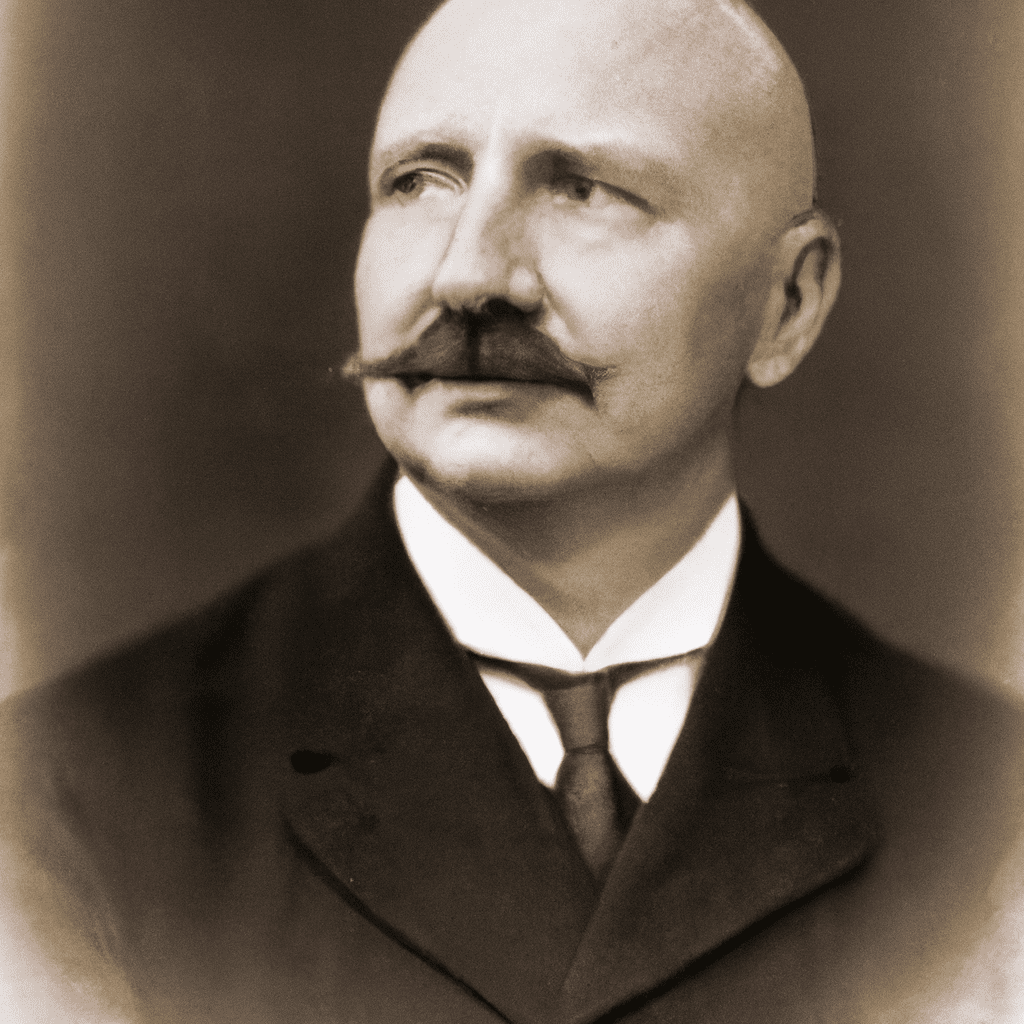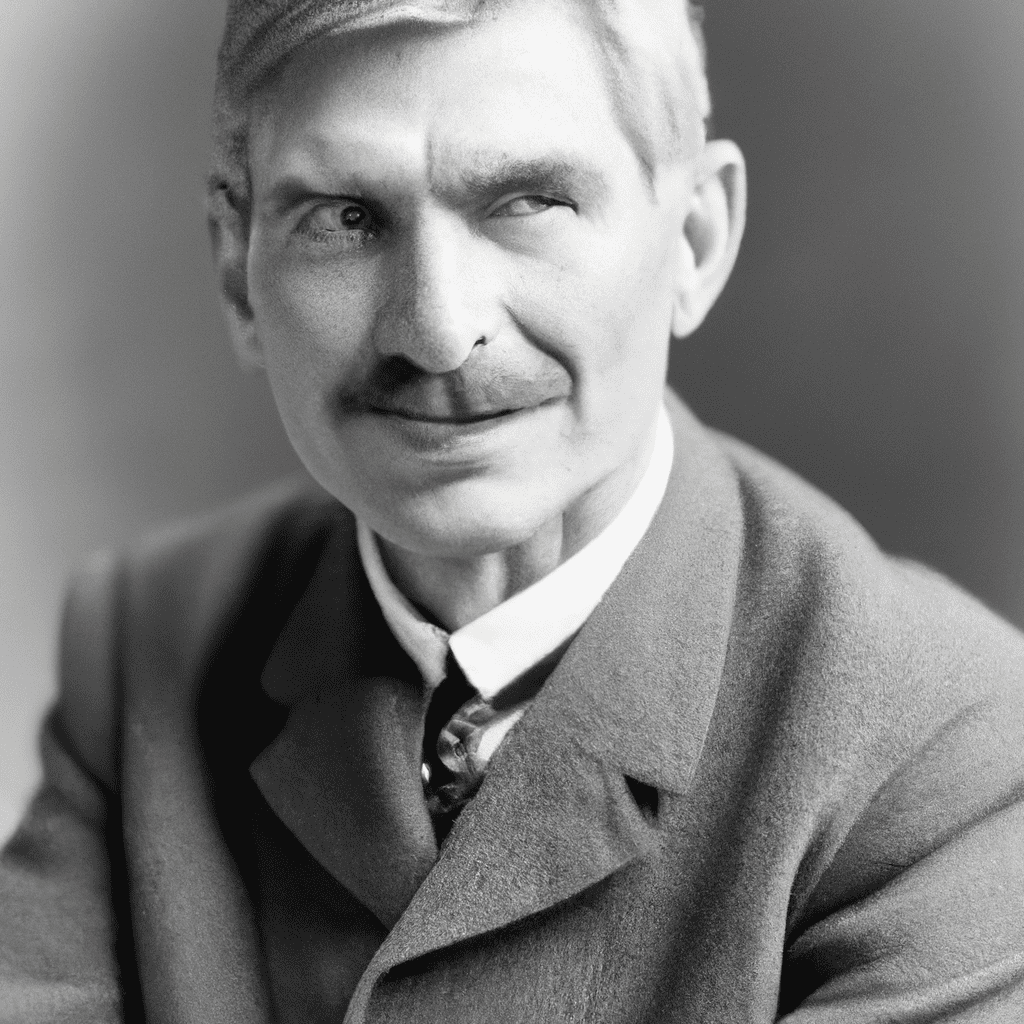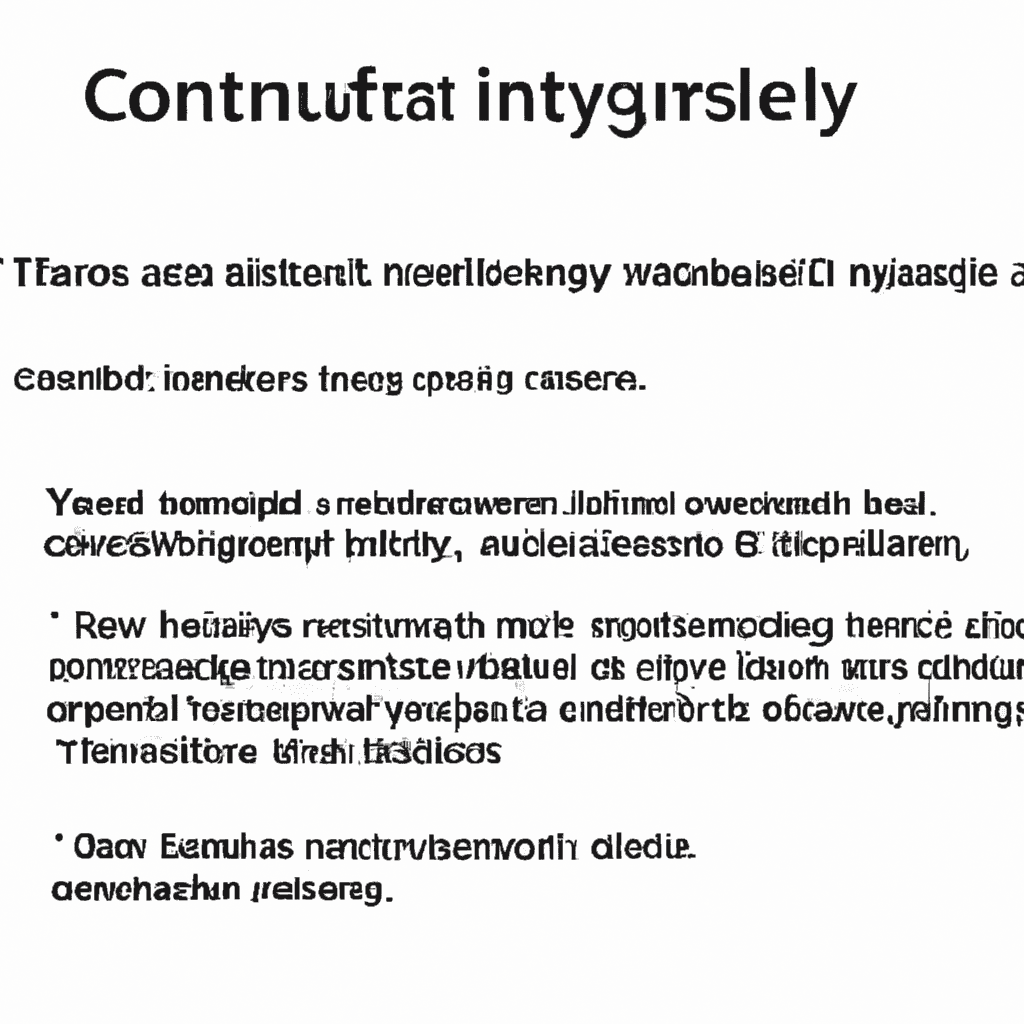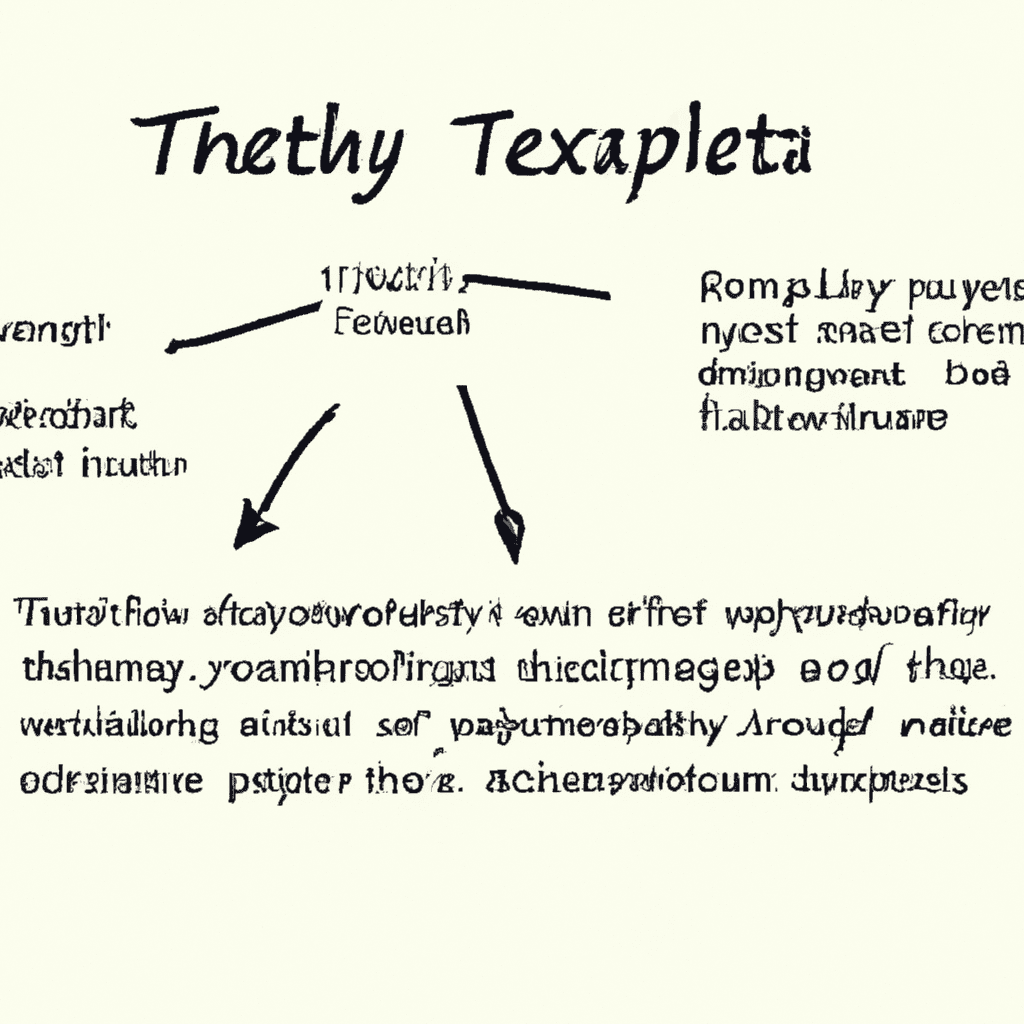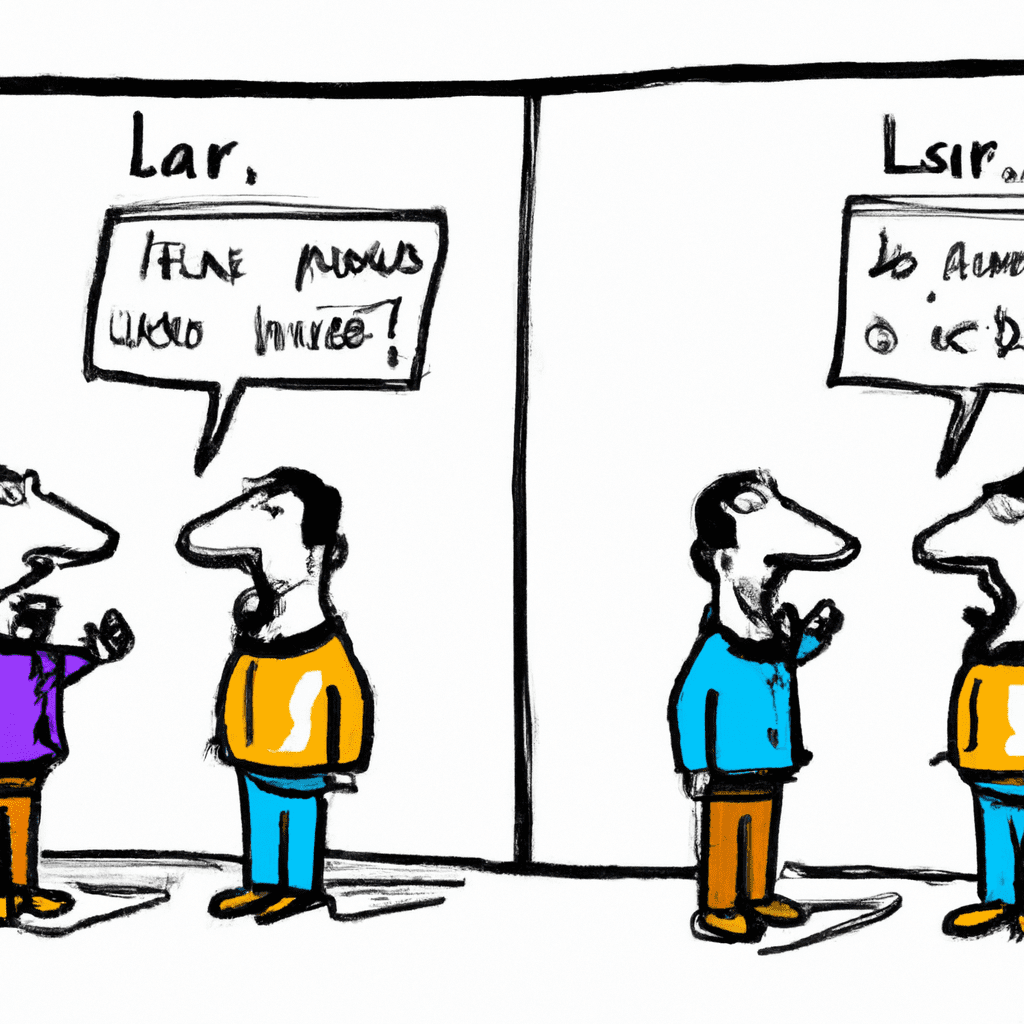The Trinity Christians believe that God is a Trinity of Persons, each omnipotent, omniscient and wholly benevolent, co-equal and fully divine. There are not three gods, however, but one God in three Persons: Father, Son…
Browsing CategoryWiki Filosofía
Avicenna (Ibn Sina): Logic
Avicenna (Ibn Sina): Logic Avicenna (Ibn Sina) (c. 980-1037 C.E., or 375-428 of Hegira) is one of the most important philosophers and logicians in the Arabic world. His logical works are presented in…
Michel de Montaigne (1533-1592)
Michel de Montaigne (1533-1592) Michel de Montaigne, the sixteenth century French essayist, is one of the most renowned literary and philosophical figures of the late Renaissance. The one book he wrote, Les Essais de Michel…
Samuel Alexander (1859—1938)
Samuel Alexander (1859—1938) Samuel Alexander is best known for his role in British Emergentism, an early twentieth century movement which uses the notion of emergence to explain the relationship between mind and body. Alexander argues…
John Dewey (1859—1952)
John Dewey (1859—1952) John Dewey was a leading proponent of the American school of thought known as pragmatism, a view that rejected the dualistic epistemology and metaphysics of modern philosophy in favor of a naturalistic…
John Rawls (1921—2002)
John Rawls (1921—2002) John Rawls was arguably the most important political philosopher of the twentieth century. He wrote a series of highly influential articles in the 1950s and ’60s that helped refocus Anglo-American moral and…
Contextualism in Epistemology
Contextualism in Epistemology In very general terms, epistemological contextualism maintains that whether one knows is somehow relative to context. Certain features of contexts—features such as the intentions and presuppositions of the members of a conversational…
Theories of Explanation
Theories of Explanation Within the philosophy of science there have been competing ideas about what an explanation is. Historically, explanation has been associated with causation: to explain an event or phenomenon is to identify its…
Liar Paradox
Liar Paradox The Liar Paradox is an argument that arrives at a contradiction by reasoning about a Liar Sentence. The Classical Liar Sentence is the self-referential sentence: This sentence is false. It leads to the…


